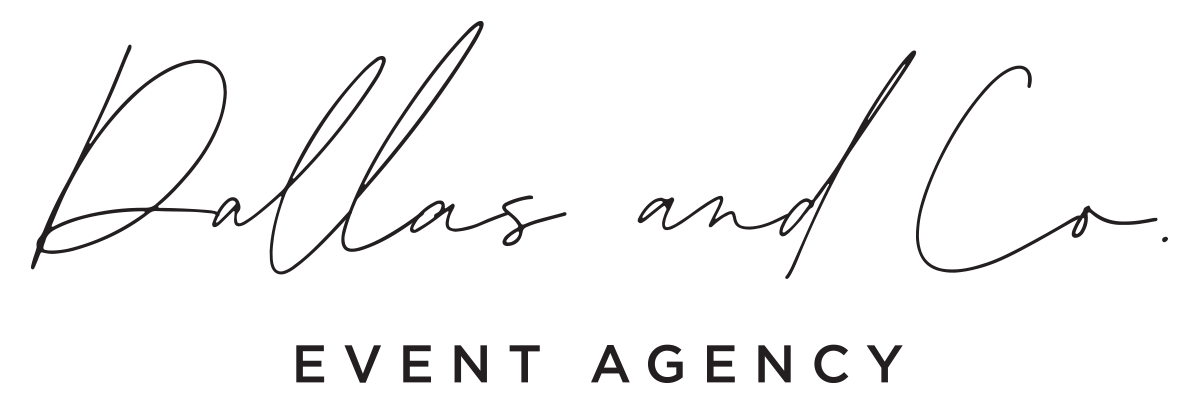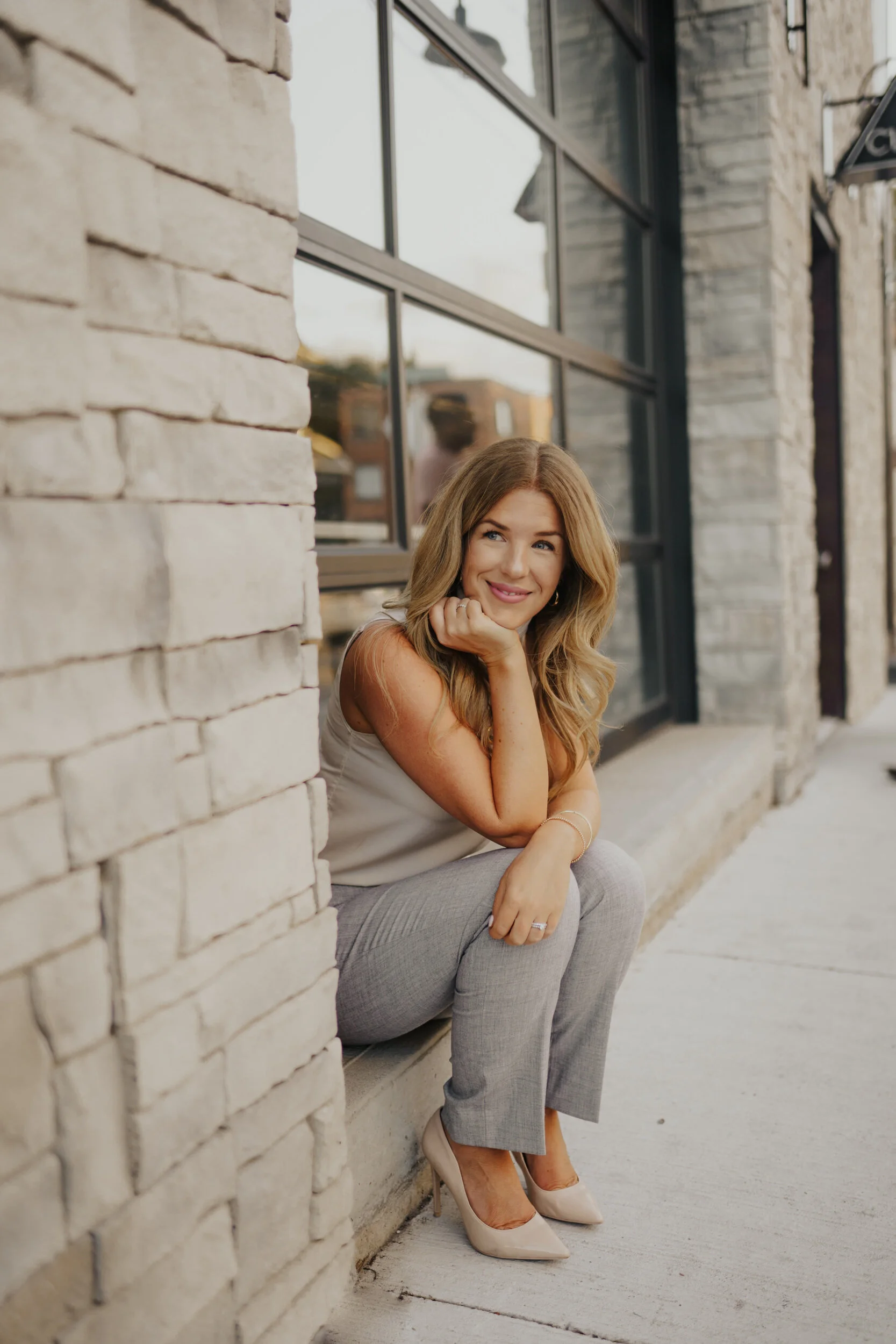The Importance of Building Community in Business and Life
Having a strong community gives us a constant reminder that we are not alone.
Dallas Lombardi
Ever read someone’s story and think, this is exactly what I needed to hear today? Your story will do that for someone else and cultivate a community. Your story is your power.
When I was a kid, my family moved around quite a bit, so I was going into new schools and I had to make new friends often. I was out on my own before I graduated high school, and I picked up a waitressing job to make money so I could support myself. Just before I turned 19, I moved to the city (Toronto, Ontario) because I wanted more. It was terrifying to not know anyone where I was going but I was fiercely determined to be successful and hold my own. Needless to say, I developed a tolerance for uncomfortable circumstances and I was extremely independent.
When I think of community, the words that come to mind are connection, togetherness and collaboration. Having a strong community gives us a constant reminder that we are not alone. I am a people person by nature, I love working with others and supporting businesses I have a strong rapport with. But, building a community from the ground up has required me to step outside of my comfort zone on more than one occasion. No matter how strong or social you might be, it is a vulnerable arena to be in.
No one knew my story, I protected it because I thought it made me weak.
I spent my entire young adult life building. There were many years before finding my community that I did most of the brunt work alone. No one knew my story, I protected it because I thought it made me weak and a part of me was embarrassed for not following the path that had been carved out for most people I knew my age. I always felt a little isolated in that regard. And because I got right into the workplace, the majority of people I associated with were much older than me (insert imposter syndrome here).
I defined myself by my work ethic, a hunger to learn and social status. Back then, I was not truly connected to my story, it was just an invisible backpack I carried around with me. I climbed up the ladder in the hospitality industry and became a Director by the age of 26, and from there I continued to lead teams at the executive level. Because I was so young, I was in constant fear that people wouldn’t respect me if they knew how old I was. I kept my age a secret because society equates age with experience. But once I started to develop relationships with other people in my industry, colleagues and leaders, I found mentors within these communities and that’s when I started to feel more comfortable in my skin and become as an individual.
When my husband and I moved to Hamilton just over three years ago, we knew very little about the city and the only person we knew was our real estate agent. Still commuting into the city every day, I was very connected in Toronto, but not in Hamilton. It was time for me to rebuild, again. I started my first side hustle locally and spent all of my spare time networking and seeking out individuals who I wanted to connect with. For a year, I was never home. When I wasn’t at work, I was out having coffee with local business owners, influencers and leaders and attending all of the events I could find. Finding your community is a commitment when you are building from the ground up.
In my experience, imposter syndrome and fear of rejection and vulnerability are the biggest barriers we construct personally and professionally that prevent us from expanding our communities. The irony in that is the people who we look up to most; strong people, influential leaders and those who generally appear to have it all together, feel all the same things that you do. The person who you look up to most feels the same doubts, hesitations and fears relative to their own life. As an executive, you can become desensitized because we are taught not to feel anything. Once I stopped subscribing to that outdated approach of leadership and I began leading from a place of authenticity, that’s when I started to truly feel the power of human connection. All of a sudden, I wasn’t only making a difference in the professional success of others, I was making an impact on their hearts, too. Cultivating a strong community in business and life creates a safe space for relatable conversations that everyone can participate in.
When I was presented with my first leadership position as a Director, I wasn’t searching for it, it found me. Someone within my community who I had built a rapport with over the years, put my name in the hat and I took things from there and landed the job. All of my roles from that point forward came through personal referrals. No job searches, no recruiters, just pure connection in its truest form. The people in my network are aligned with my core values which is why community is such a huge part of how I do business and why I maintain strong mutually loving relationships in my personal life.
I have not publicly shared a lot about my experience with infertility and how it has impacted my journey. It is one of the greatest challenges I have experienced, and it is still very much a prominent source of heartache in my life today. But it is a textbook example of how a community empowers safe trustworthy support.
After years of trying to get pregnant, I was suffocating in very heavy personal isolation and grief. It felt like I was the only one not having children. When people asked me if I wanted kids, I would dig deep inside my body and respond with a casual, “yes, one day.” That question was torture, as I would choke back tears, agony and defeat. When I started to cautiously share my truth with a few close friends and confidants, through these conversations I found resources to help me process the grief and depression I was experiencing. To my surprise, I wasn’t alone in this. I was stunned to learn how many others were going through what I was going through. My people connected me with other women and couples in similar situations and we began sharing our experiences with each other; the isolation, the good doctors, the not so good doctors, myths, tips, etc. Today, I have many people in my community who I can talk to about this. People who send me sweet messages on Mother’s Day, who see me and who say, me too. I’m sad I’m not a mother yet, but I am more hopeful than ever and I feel supported. Now when I’m asked that dreaded question, I feel less trauma.
We are not meant to do everything by ourselves, we are programmed to be social and collaborative beings. We are better when we are learning and growing together.
Photography, Rae Connell
If you do not have people in your community that you consider to be confidants and mentors, get out there and find them. These are the people who know you all the way through. People who pump your tires, build you up, cheer you on, reel you back in, keep you honest, and provide a perspective you may not have considered otherwise. It is important to align with the right people. This has nothing to do with status, it has everything to do with mutual core values. Aligning yourself with these people is how you build long lasting and sustainable relationships that are equal parts giving and receiving. When you have an idea or a problem, you need to have confidants who you can lean on and ask questions. People who show you how to do things, who you can call up and say, “Hey, can I pick your brain”?
When I was young, not knowing everything made it more obvious (to me) how green I was, and I didn’t want anyone else to see that. Somehow, I found the courage to fight through my fears and use my resources to figure things out. It turns out I was really good at that! But this is an exhausting process and I do not think this is how we should have to do things. We are not meant to do everything by ourselves, we are programmed to be social and collaborative beings. We are better when we are learning and growing together, in business and in life.
I hope we are shifting to get beyond the out dated approach and what classifies us as strong, and moving in a direction that empowers everyone and specifically young people to ask for help. Everyone needs help, and everyone has a story. Support and collaboration does not mean you are not independent. I believe that what makes us stronger is having the courage to ask and to share where we came from and what we’ve experienced. Stories are interesting because we think we're telling them but really, we are creating them. Someone else's infertility or leadership story would read much differently than mine. So for me, our stories, when we share them and the reason they connect us, is they remind us of our shared humanity. The power is not in the story but in seeing ourselves in others.




